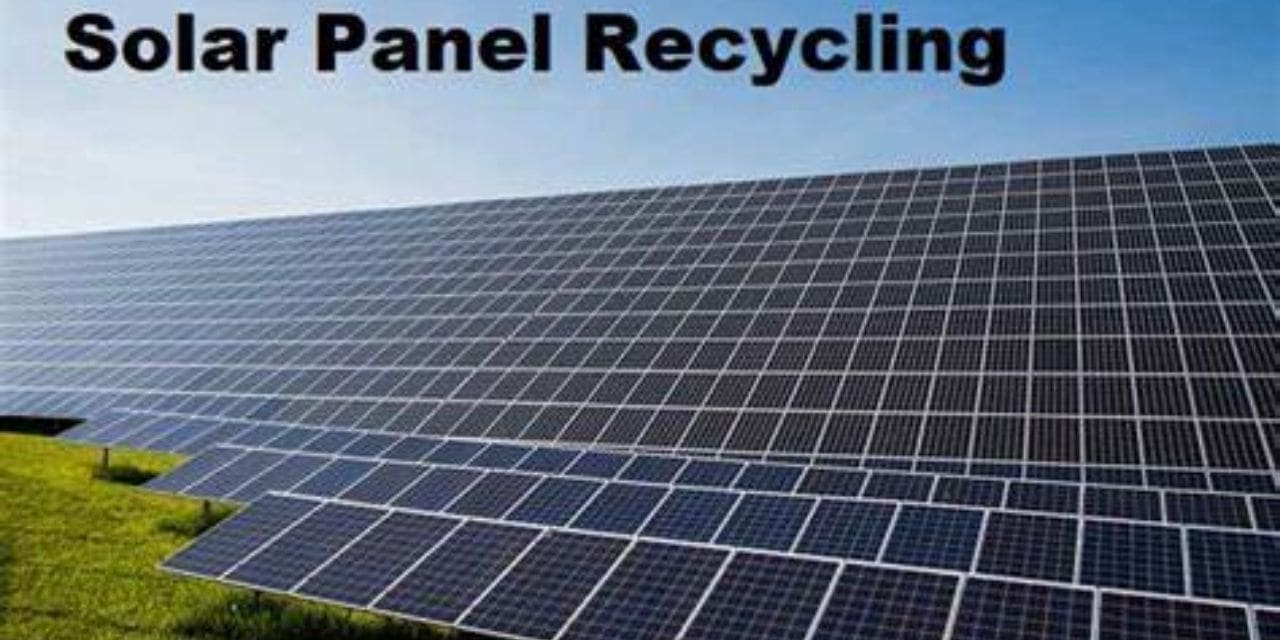The report “Solar Panel Recycling Market by Type (Monocrystalline, Polycrystalline, Thin Film), Process (Thermal, Chemical, Mechanical, Laser, Combination), Shelf Life (Early Loss, Normal Loss), Material (Metal, Glass, Plastic, Silicone) – Global Forecast to 2029″, is projected to reach USD 931 million by 2029, at a CAGR of 19.3% from USD 385 million in 2024. The solar panel recycling market is poised for substantial growth in the foreseeable future, driven by a convergence of factors that underscore its critical importance in the transition to a more sustainable energy landscape. Central to this growth is the exponential increase in solar panel installations worldwide, fueled by the imperative to mitigate climate change and reduce dependence on fossil fuels. As solar energy becomes an increasingly integral component of the global energy mix, the volume of end-of-life solar panels reaching their operational lifespan is expected to surge, creating a pressing need for efficient recycling solutions.
Browse
- 229 Market data Tables
- 45 Figures
- 242 Pages and in-depth TOC on “Solar Panel Recycling Market – Global Forecast to 2029″
Some of the prominent key players are
- First Solar (US)
- Reiling GmbH & Co.KG (Germany)
- The Retrofit Companies, Inc. (US)
- Rinovasol Global Services B. V. (Netherlands)
- We Recycle Solar (US)
- ROSI (France)
- SILCONTEL LTD (Israel)
- Etavolt Pte. Ltd. (Singapore)
- PV Industries Pty Ltd (Australia)
- Solarcycle, Inc. (US)
Driver: the demand for recovery and reuse of materials from the solar panel recycling
The burgeoning demand for the solar panel recycling market is primarily driven by the substantial increase in solar panel waste anticipated as the first generations of photovoltaic (PV) installations approach the end of their operational life, typically around 25 to 30 years. Since the early 2000s, there has been a significant global surge in solar installations, fueled by the push for renewable energy sources to combat climate change. Consequently, as these early installations begin to age out, the volume of decommissioned solar panels is set to rise dramatically, creating an urgent need for effective recycling solutions. This situation is further exacerbated by the inherent material composition of solar panels, which includes valuable but hazardous materials such as silicon, silver, and lead. The recycling of these materials is not only economically beneficial—recovering precious metals and high-quality silicon—but it is also critical for environmental protection, as improper disposal can lead to toxic chemical leaching and other forms of environmental degradation.
Moreover, the regulatory landscape is increasingly favoring the recycling industry. Governments around the world are implementing stricter waste management regulations and setting ambitious sustainability targets, which include mandates for the recycling of renewable energy installations. This regulatory framework compels manufacturers and installers to consider the end-of-life phase of solar panels more seriously, thereby bolstering the market for solar panel recycling. For instance, the European Union’s Waste Electrical and Electronic Equipment Directive (WEEE Directive) requires the collection and recycling of e-waste, which includes used solar panels.

